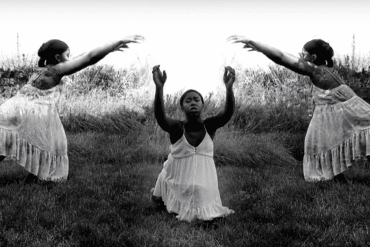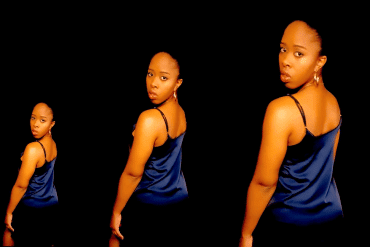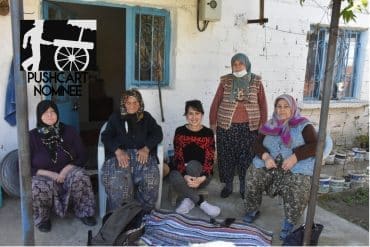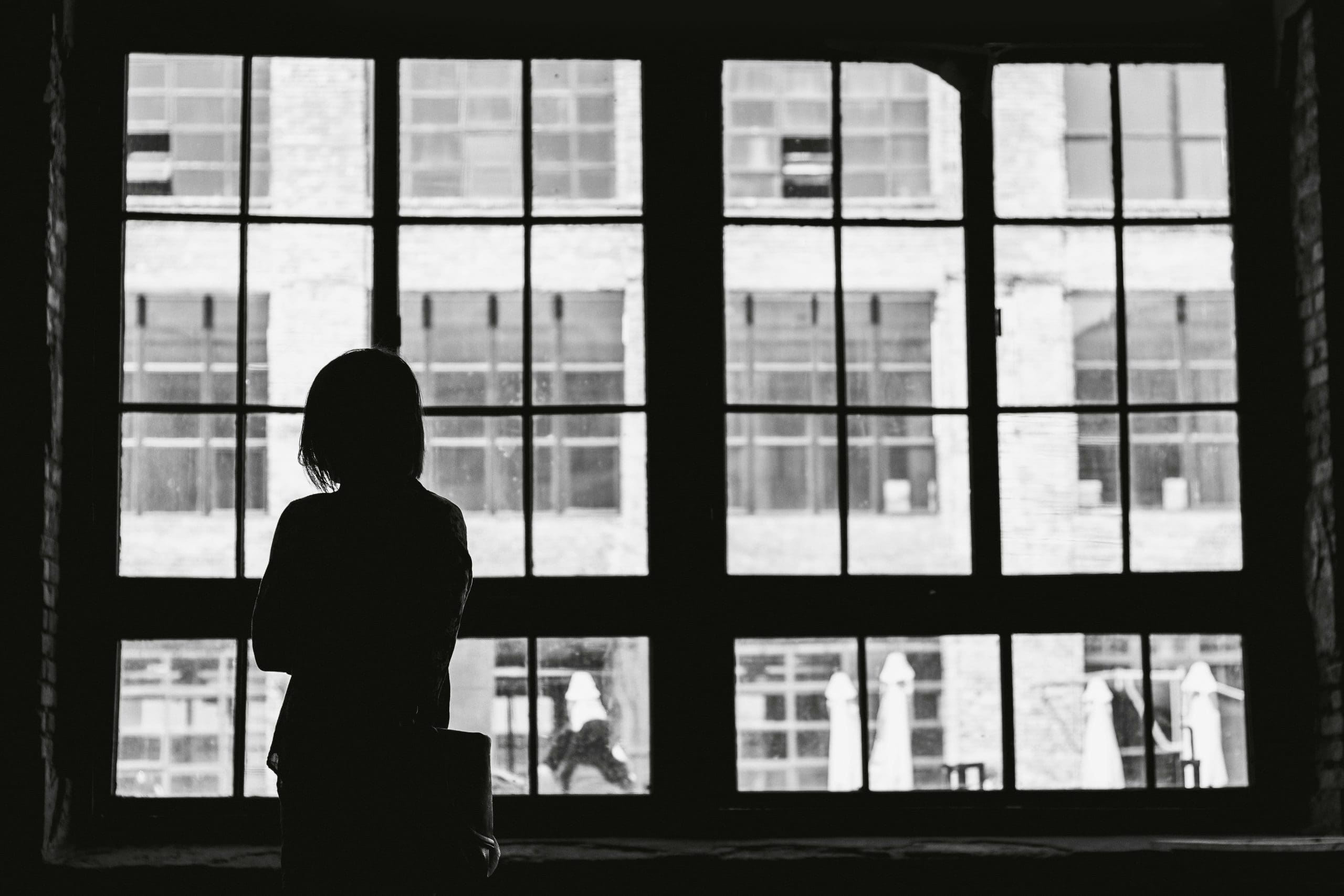Imbroglio: Poetry on Depression, Anxiety, and Bulimia Nervosa
In my work , the issues of depression, anxiety, and bulimia nervosa are discussed heavily. M work is autoethnographic as it uses my lived experience with mental issues to address the institutions that grate on our mental health and their consequences. Using my lived experiences, and the experiences of those I’ve witnessed around me in recovery, my poetry focuses on allegories to the epidemic of mental illness – especially for younger people.
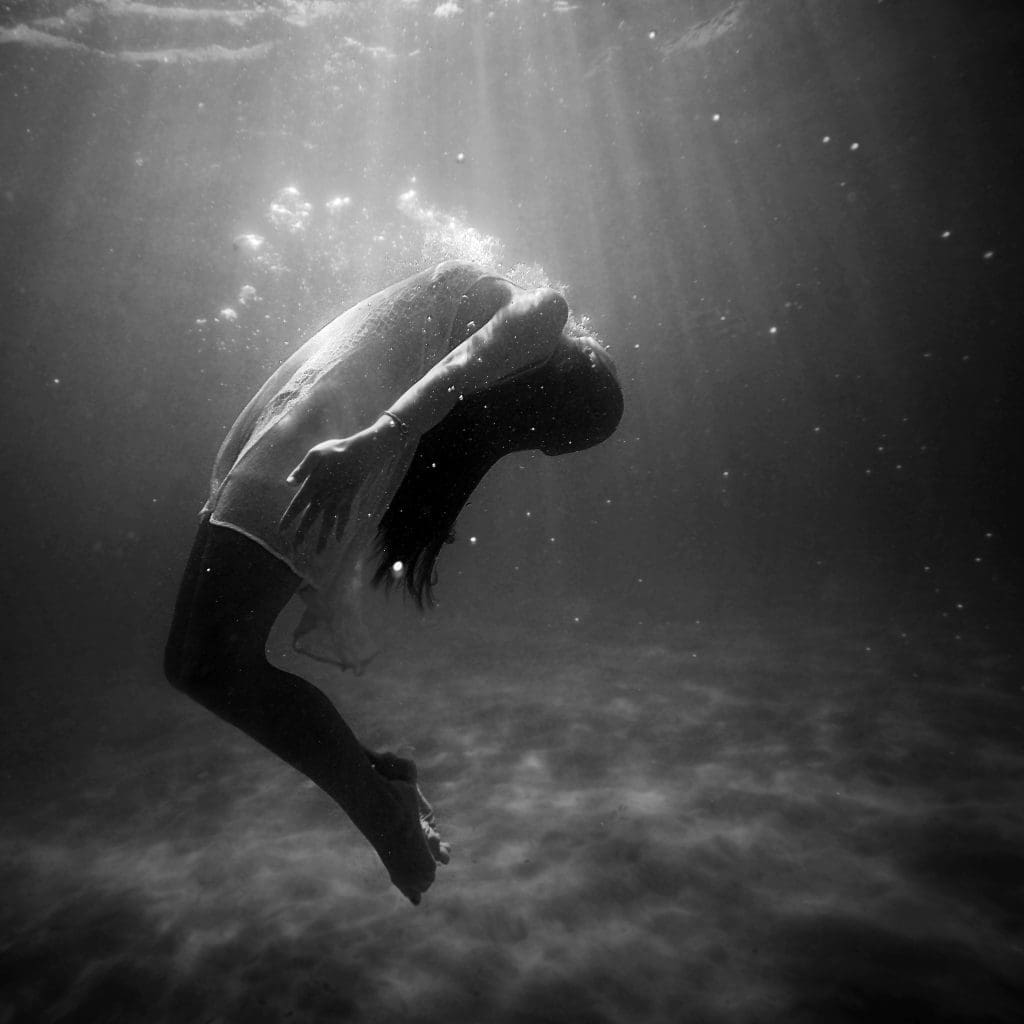
On Purging
Dim the lights
So that they radiate static orange
Where green is blue and blue is red
And I can’t see my face in the water
She is staring through the keyhole
Where white light leaks like a puddle on the floor
Framing the abnormality of an ant mound silhouette
Tunneling straight through itself
She is listening to silenced retching
And the quiet splash of thick honey
And trickle of vinegar
Into water
She didn’t hear enough
My breath that fills the air like dust
With the scent of sugar and acid
That burns like ants crawling deep up my nose
Leaving the room raw and red
Like an infected wound
She knocks on the door
And dims the lights further
So that I don’t have a body
She tells me wishes come true with the right price
And that the flip of the switch
Will hide the smell
Foil
I’m like foil
Dented and bending at the faintest touch or force
I have no solid form, but remember every touch
Why so sensitive?
To the tiniest pressure
Put your pressure on me
And grind me to bits
Like clay into dusted chalk
Let me be as insignificant that dust
I want to fall into every crease
To run between the lines of your hands
And flow as someone else
Can I be you?
We all turn to clay one day
Will I?
Wouldn’t that be best
No fluidity, such solidity
Aren’t we best in certainty?
A sea of sculptures
Lines of tombstones
Isn’t that beauty?
Captured in a moment
Caught in our live’s culmination
No question, no change
Set in stone
Like the clay figures that molded us
That made us take our hands
And babies’ hands
To mold
And call that stuck stiff figure
Life
We all turn to clay one day
From clay we are ground to dust
Weren’t we all dust?
Molded to be bounded by bodies
Bred and bled to break
By babies’ hands
I wish I was a ghost
Lifeless, pressureless
I want food to fall through me;
I want my skin not to hold me
Let gazes pass through me.
It’s too much pressure;
you see?
I want no body
Nobody to know me
Nothing to dent or mold or destroy
Like dust, or scattered ashes
Wouldn’t it all be better without me?
Tunnel Vision
I don’t control the scrolling of my thumb
It moves along with my heart
And the chewing of my mouth
I’ve forgotten how to blink my eyes
But it still feels like I can’t see through them
Like how I can’t hear her when she says
“Stop. You’re wasting your youth.”
And I can’t see through my eyes
It feels like they are always twitching
Or blurred in a migraine
I can’t see the food clearly
Nor my body in the mirror
I can’t feel much either
As if I just turned off
When she asks over the phone
“Why so drained?”
Buffet
It starts with water
Glugs of water
Until you feel like you’ll explode
Into a splash of freezing water
Lock the door in the bathroom
Tiled floors stare in off white
With black mold growing in the cracks
It’s cold to the knees
Stick a hand down the throat
I think of my mother’s face
When she was my age
It starts with water
Pouring itself back into the bowl
And then the main course
Reveals itself
A monster scratching it’s way up
Noodles dyed pink
A chunk of chocolate
Grains of rice
Some blood
Chunky like school oatmeal
A fresh goulash
Terraforming the bowl
Soon it’s just water again
Spit and dribble
Mint and water
To keep your teeth and eyes white as porcelain
Open a window to remove the smell
And flush the toilet
Stare in the mirror
Realize it wasn’t enough
All you’ve done
Was sweeten the pot
You’ll still be back
You can’t just give up
Maria
Maria was obsessed with a particle of sand
A pebble amongst a sea of pebbles
A particle that didn’t matter
But Maria could see it’s flaws
It was bloated and jagged, not round
It’s color was off and it was too large
Half of the speck was droopy
As if it was melting
It was hideous, to Maria
Yet no one else could see the problems
This grain of sand was hideous
Compared to all the other pebbles
Maria couldn’t look at it
And she’d spend hours picking and tearing at it
It was the worst piece of sand in the world
Amongst all the infinite multitude of other particles
Maria would do them and the world a favor
Because she couldn’t perfect the sand
She threw it far into the sea
So it’d never be seen again
Half Empty
Sometimes I wonder
If everything in my head turned to water
How much space would I take up?
Would I be a great flood
A spilled glass?
An overflowed sink?
How would they clean up my mess
With napkins or mops?
Or buckets upon buckets without a dent
How much is everything
All my emotions, memories, thoughts, and fatigue
Sometimes it feels like too much
Like a constant dripping
Building up to overflow
Due to explode
It feels so huge
That if I just burst
All the oceans would rise up the shore
And it feels so small
That they’d just disappear
Into something much larger
Does anything I feel matter?
Would it even make a dent?
Or am I just a spilled glass
Easily dried into air
Easily refilled
Shoes
There was a baby born with shoes on his feet
From the moment he left the womb
And the boy grew up
Comfortable in his own shoes
And when the boy fell
And twisted an arm
The shoes would remember
And an agelet would dent
The boy grew up
And his shoes grew style
And wore his achievements
Polished and settled
But as the man grew older
He didn’t stop
Nor did his shoes
They’d grown fragile
And when the man fell
The fabric waned
And when he broke his hip
The laces went
And when he got his surgeries
The stuffing burst
And when he finally keeled over
The shoes soles broke
And that’s what we have left
A dead man
And empty holes
Fill them both with bodies
And call them “gifts”
All He Nose
There’s a man in a room, who’s crooked and bent.
With a pencil in hand.
He draws.
Twisted over, in a fetal hunch.
With his pencil worked to the tip.
He lays on a paper of noses.
Nose after nose after nose after nose.
He rots in a dim lit room
Where the fading light cannot touch the corners.
He works.
With an ageless face that’s covered with sores and scratches.
His left eye is red and bulging out of his skull
and his sleep deprived pupils eat the surrounding iris
until his eyes are all but black and red.
His lips are chapped, scabbed across his mouth.
And on his forehead sores fester.
And flies swirl in and out his open wounds.
But his nose is pristine.
The skin is moist and smooth, almost glowing in the dark.
The bridge is perfectly smooth and the tip appears sculpted.
The nose is perfect.
Completely symmetrical.
Entirely divine.
Yet around his nose, there’s blood leaking
from scratches so deep and skin so tattered.
But He doesn’t flinch when the maggots crawl in.
He just draws noses and noses.
And noses upon noses upon noses upon noses upon noses.
But it’s not right to say “noses,”
for he’s only drawing one nose.
In his orderly fashion,
with a ruler counting the spaces and the sizes.
Each nose is drawn.
And each nose disappoints.
And each nose is flawed.
And each nose isn’t straight.
And each nose is his.
And with every bent line
He scratches.
And with every failed bridge
He scratches.
And every uneven nostril
He scratches.
With each impurity
He tears out a piece of himself.
Ripping himself to bits,
Until He creates perfection.
But it will never come.
Until He himself is erased.
Credits
Featured image By Alex İvashenko for Unsplash
Image by Christopher Campbell for Unsplash
Learn More
New to autoethnography? Visit What Is Autoethnography? How Can I Learn More? to learn about autoethnographic writing and expressive arts. Interested in contributing? Then, view our editorial board’s What Do Editors Look for When Reviewing Evocative Autoethnographic Work?. Accordingly, check out our Submissions page. View Our Team in order to learn about our editorial board. Please see our Work with Us page to learn about volunteering at The AutoEthnographer. Visit Scholarships to learn about our annual student scholarship competition


